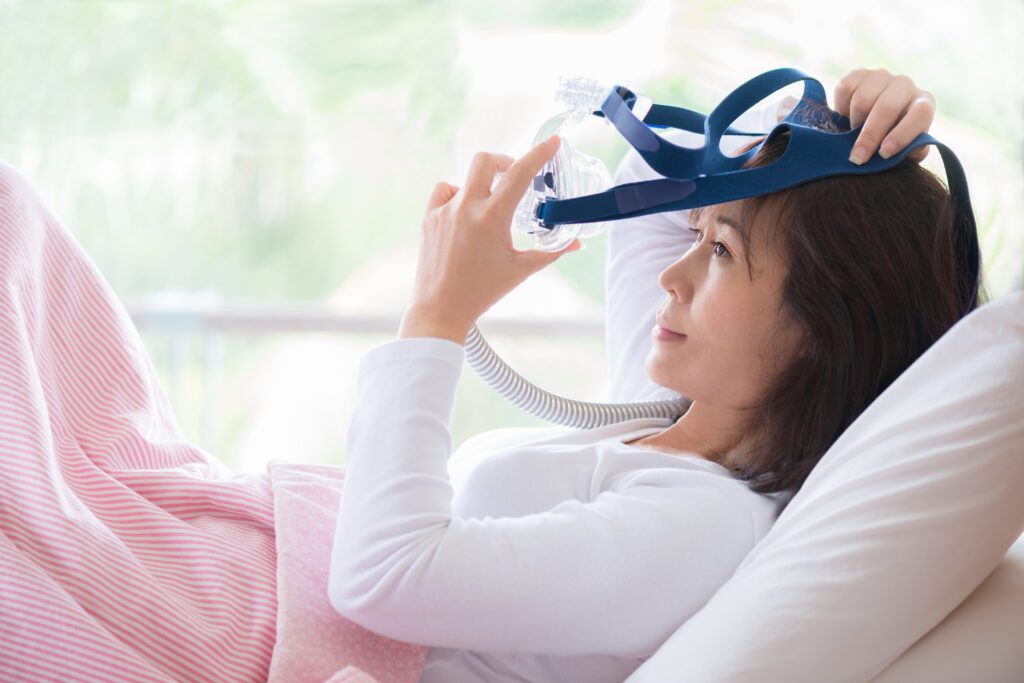Sleep apnea in Asian Americans
Sleep Apnea: Commonly undiagnosed sleep breathing disorder in Asians with potential serious complications
Ali Araghi,MD
Asian Americans face unique risks for obstructive sleep apnea (OSA), a condition where breathing repeatedly stops during sleep. Research shows Asian populations often experience more severe OSA than Caucasians at similar ages and body weights. This heightened risk is linked to differences in facial bone structure that create narrower airways, even in individuals who aren’t overweight. While obesity remains a key risk factor globally, studies highlight that OSA prevalence among Asian adults ranges widely (3.7% -97.3 %), with higher rates tied to aging, male gender, and lifestyle factors like smoking. Alarmingly, many Asian communities lack comprehensive data, masking the true scope of the issue.
Detecting OSA at home has become more accessible through portable sleep tests. These devices track overnight breathing patterns, oxygen levels, heart rate, and snoring intensity. While less detailed than lab-based studies, home tests are cost-effective and convenient for diagnosing moderate to severe OSA. For example, WatchPAT One uses finger, wrist, and chest sensors to measure seven metrics and provides an apnea-hypopnea index (AHI) score. At Auria Medical Clinics, we offer a one-night home sleep study with WatchPAT.
Managing OSA is critical to preventing life-threatening complications. Untreated OSA strains the cardiovascular system, increasing risks of high blood pressure, heart failure, stroke, and diabetes by 30%–140%. Repeated oxygen drops during apnea episodes trigger inflammation and stress responses, worsening metabolic and liver health. Daytime fatigue from poor sleep also raises accident risks, particularly while driving. Effective treatments like CPAP machines or oral appliances can stabilize breathing, improve sleep quality, and reduce these risks. Early diagnosis and intervention are key studies that show prompt treatment after events like strokes improve recovery outcomes.
In summary, Asian Americans’ anatomical and demographic risks make OSA a pressing health concern. Home sleep tests offer a practical diagnostic tool, while proactive management helps avert severe long-term consequences. Addressing OSA early can enhance both lifespan and quality of life.
To book your appointment, email your name and contact number to info@auriaclinics.com or call us at 770-284-3043

